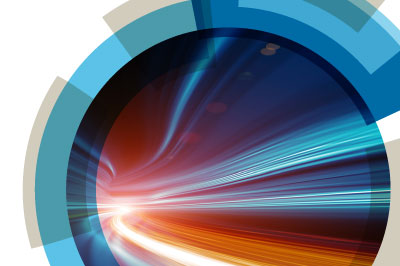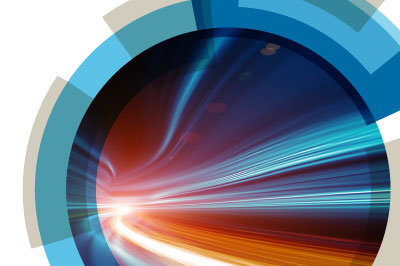Welcome
Join us in York, in September 2023 for this addition to our Faraday Discussion series. For over 100 years and 300 meetings, Faraday Discussions have been at the forefront of the physical sciences and many Discussions have become landmark meetings in their field.This Discussion will bring together a wide range of researchers working on metal–oxygen batteries to deliver an unmissable opportunity to share and discover new work, reconnect with colleagues and establish new collaborations.
On behalf of our committee, we look forward to welcoming you to York.
Laurence Hardwick
Chair
Why attend?
Find out more about Faraday Discussions in the video and FAQ – see useful links above.A unique conference format that prioritises discussion
At a Faraday Discussion, the primary research papers written by the speakers are distributed to all participants before the meeting – ensuring that most of the meeting is devoted to discussing the latest research.
This provides a genuinely collaborative environment, where discussion and debate are at the foreground. All delegates, not just speakers, are invited to make comments, ask questions, or present complementary or contradictory measurements and calculations.
An exciting programme of talks – and more
Take part in a well-balanced mix of talks, discussion, poster sessions and informal networking, delivered by our expert events team. You can explore the full programme in the downloadable files above – whether you’re attending in-person or online, every minute provides an opportunity.
The conference dinner, included in the registration fee, contains the Marlow Cup ceremony: a unique commemoration of past Faraday Discussion organisers that is sure to encourage further discussions over dinner.
In-depth discussion with leaders in the field
World-leading and established researchers connect with each other and early-career scientists and postgraduate students to discuss the latest research and drive science forwards. It’s a unique atmosphere – and challenging others to get to the heart of the problem is encouraged!
“I vividly remember chairing a Discussion where an early career researcher asked a phenomenally simple but brilliant question that totally disarmed a highly experienced and celebrated electrochemist. Those few seconds of silence and tension illustrate perfectly the magic of Faraday Discussions at their very best!”
Professor David Fermin, Faraday Standing Committee on Conferences
Your contributions, published and citable
A citable record of the discussion is published in the Faraday Discussions journal, alongside the research papers. Questions, comments and remarks become a valuable part of the published scientific conversation, and every delegate can make a major contribution.
Discover historic York
The Discussion will take place at the National STEM Learning Centre on the University of York campus, a 20-minute walk from the lively city centre and its historic attractions. Step out to see the sights while you’re here – or stay a few extra days to explore the city and the surrounding area.
Themes
The Discussion will focus on the following four themes:Mechanism of ORR and OER in non-aqueous electrolytes
Discussion in this section will focus on understanding ORR and OER using fundamental or well-characterised electrode systems, and the use of redox mediators and how to obtain high coulombic and charge–discharge efficiencies.
Materials for stable metal–oxygen battery cathodes
Key discussion points will include material interface design, morphology of cathode materials, the use of carbon as an electrode substrate, reproducible cell testing and chemical and electrochemical characterisation techniques.
Metal anodes and protected interfaces
Discussion will cover dendrite prevention, solid-state coatings and electrolytes, as well as how to achieve a stable solid–electrolyte interphase and minimise side reactions.
Towards practical metal–oxygen batteries
Key discussion points will include the metrics required at a materials level to obtain competitive performance, cyclability and durability.





















